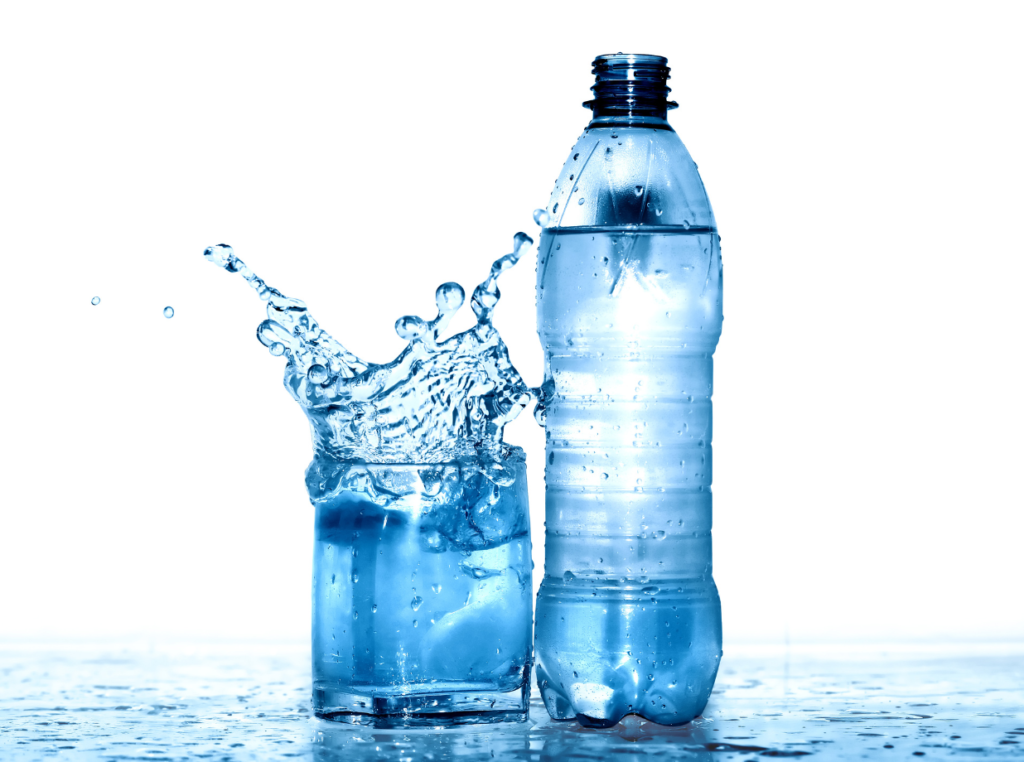Distilled water is a type of purified water that has gone through a process of distillation to remove impurities and minerals.
It is commonly used in medical facilities, laboratories, and in household appliances such as steam irons and humidifiers.
Proper storage of distilled water is essential to maintain its purity and quality over time.
Whether you have a small bottle of distilled water for emergency use or a large container for industrial purposes, understanding the factors affecting its shelf life and the proper storage methods is crucial to ensure its usability.
Distilled water is known for its purity, as it does not contain any minerals or impurities that can cause buildup or residue.
However, it is still susceptible to contamination if not stored properly.
Factors such as exposure to light, air, and temperature fluctuations can affect the shelf life of distilled water.
In this article, we will explore the various factors that can impact the quality of distilled water, as well as the best practices for storing it to maintain its purity and usability.
Factors Affecting the Shelf Life of Distilled Water

Several factors can affect the shelf life of distilled water, including exposure to light, air, and temperature fluctuations.
When distilled water is exposed to light, it can promote the growth of algae and other microorganisms, leading to contamination.
Additionally, exposure to air can cause the absorption of carbon dioxide, which can lower the pH of the water and make it more acidic.
This can lead to corrosion of containers and equipment that come into contact with the water.
Temperature fluctuations can also impact the shelf life of distilled water.
When stored at higher temperatures, distilled water can become a breeding ground for bacteria and other microorganisms.
On the other hand, freezing temperatures can cause the water to expand and potentially damage its container.
It is important to store distilled water in a cool, dark place to minimize these factors and extend its shelf life.
Distilled water lasts up to 2-3 years if properly sealed and uncontaminated!
Proper Storage Methods for Distilled Water

Proper storage methods are essential for maintaining the purity and quality of distilled water.
When storing distilled water, it is important to keep it in a clean, airtight container to prevent contamination from outside sources.
Glass or food-grade plastic containers are ideal for storing distilled water, as they are less likely to leach chemicals into the water.
It is also important to store distilled water in a cool, dark place away from direct sunlight and heat sources.
Exposure to light and heat can promote the growth of algae and other microorganisms, leading to contamination.
Additionally, storing distilled water in a temperature-controlled environment can help minimize the impact of temperature fluctuations on its shelf life.
Signs of Spoiled Distilled Water
It is important to be able to recognize the signs of spoiled distilled water to ensure its safety and usability.
One of the most common signs of spoiled distilled water is the presence of a strange odor or taste.
If the water smells or tastes off, it may be contaminated with algae or other microorganisms.
Another sign of spoiled distilled water is the presence of discoloration or cloudiness.
Distilled water should be clear and colorless, so any discoloration or cloudiness may indicate contamination.
Additionally, if you notice any growth or sediment in the water, it is best to discard it as it may be unsafe for use.
Tips for Extending the Shelf Life of Distilled Water
There are several tips for extending the shelf life of distilled water and maintaining its purity.
One of the most important tips is to store distilled water in a clean, airtight container to prevent contamination from outside sources.
It is also important to keep the water in a cool, dark place away from direct sunlight and heat sources.
Regularly checking the condition of the distilled water is also important for extending its shelf life.
If you notice any signs of spoilage such as strange odors, tastes, discoloration, or cloudiness, it is best to discard the water and replace it with fresh distilled water.
Additionally, using distilled water within a reasonable timeframe can help ensure its quality and usability.
Uses for Expired Distilled Water

While expired distilled water may not be suitable for drinking or medical use, there are still several ways to repurpose it.
One common use for expired distilled water is in household cleaning.
It can be used for cleaning windows, mirrors, and other surfaces without leaving behind mineral deposits or residue.
Expired distilled water can also be used for watering plants and gardens.
Since it does not contain any minerals or impurities, it can help prevent mineral buildup in soil and pots.
Additionally, it can be used in steam irons and humidifiers without causing any damage or residue.
Conclusion and Final Recommendations for Distilled Water Storage
In conclusion, proper storage of distilled water is essential for maintaining its purity and quality over time.
Factors such as exposure to light, air, and temperature fluctuations can impact its shelf life, so it is important to store it in a clean, airtight container in a cool, dark place away from direct sunlight and heat sources.
Regularly checking the condition of the distilled water and using it within a reasonable timeframe can help ensure its usability.
It is also important to be able to recognize the signs of spoiled distilled water, such as strange odors, tastes, discoloration, or cloudiness.
If you notice any of these signs, it is best to discard the water and replace it with fresh distilled water.
While expired distilled water may not be suitable for drinking or medical use, there are still several ways to repurpose it in household cleaning and gardening.
By following these recommendations for distilled water storage, you can ensure its purity and usability for various applications.


